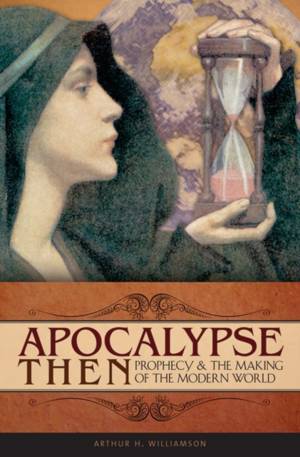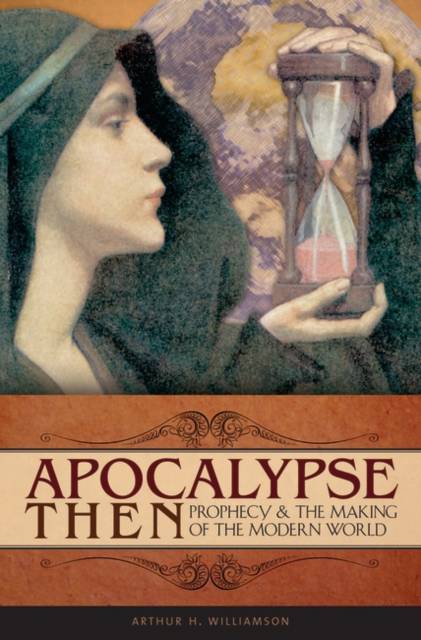
- Retrait gratuit dans votre magasin Club
- 7.000.000 titres dans notre catalogue
- Payer en toute sécurité
- Toujours un magasin près de chez vous
- Retrait gratuit dans votre magasin Club
- 7.000.000 titres dans notre catalogue
- Payer en toute sécurité
- Toujours un magasin près de chez vous
Description
While few intellectuals today accept the notion that the world is literally about to end through a prophesied supernatural act, between 1500 and 1800 many of Europe's and America's most creative minds did believe it. Perhaps most surprisingly, apocalyptic expectations played a central role during this period in creating secular culture--arguably the signal achievement of the post-medieval West. The topic is much with us still, as many on the religious right look to the end of days, a goal that seems closer than ever.
Apocalyptic ideas and expectations shaped the world in profound and enduring ways. In the Early Modern era, a deeply religious set of ideas proved instrumental in enabling people to see their world through prisms other than that of religion. The apocalypse underwrote the Reformation in the 16th century, the English Revolution in the 17th century, and the American Revolution in the 18th century. This book explores such themes through an examination of a range of major figures and events from the period. Why was the apocalypse--so alien to us today--so pivotal to the creation of our culture and to what we are? Only by seeing its central and often creative role historically within western civilizations can we meaningfully assess its significance to the current world. Only by grasping apocalypse then, can we truly understand apocalypse now.Spécifications
Parties prenantes
- Auteur(s) :
- Editeur:
Contenu
- Nombre de pages :
- 368
- Langue:
- Anglais
- Collection :
Caractéristiques
- EAN:
- 9780275985080
- Date de parution :
- 01-03-08
- Format:
- Livre broché
- Format numérique:
- Trade paperback (VS)
- Dimensions :
- 156 mm x 234 mm
- Poids :
- 517 g

Les avis
Nous publions uniquement les avis qui respectent les conditions requises. Consultez nos conditions pour les avis.






